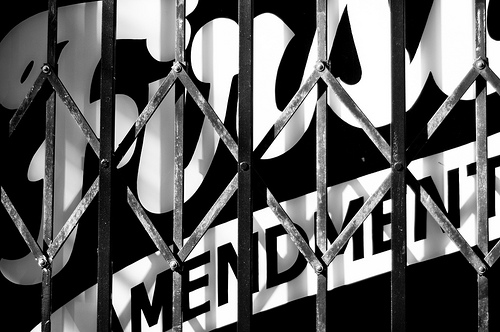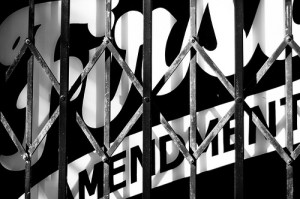“Dabbing” article censored in Virginia high school

SaraRose Martin is the co-editor of The Falconer, the student newspaper at Fauquier High School in Virginia. In March, 2015, she was told by her principal that an article she wrote about dabbing was not suitable for printing in the school’s paper. She appealed the decision to the superintendent who supported the principal’s decision.
Marijuana “dabbing” is the process of heating a concentrated amount of THC or hash oil and inhaling the vapors. SaraRose knew the trend was gaining popularity at her school and she explained, “I think that peers listen to peers . . . it’s an important thing that students need to know.”
The principal and superintendent commented that the story could cause a disruption at school and that “children would be exposed to a new and dangerous drug without adult guidance.” Is this a valid reason to censor the article? Shouldn’t the subject be discussed in the interest of educating students about the dangers of a new trend? Remember what the Tinker court said in 1969: “A subject should never be excluded from the classroom merely because it is controversial.”
Although her article wasn’t published in the school paper, local media picked up the story and ran with it in print and online.



